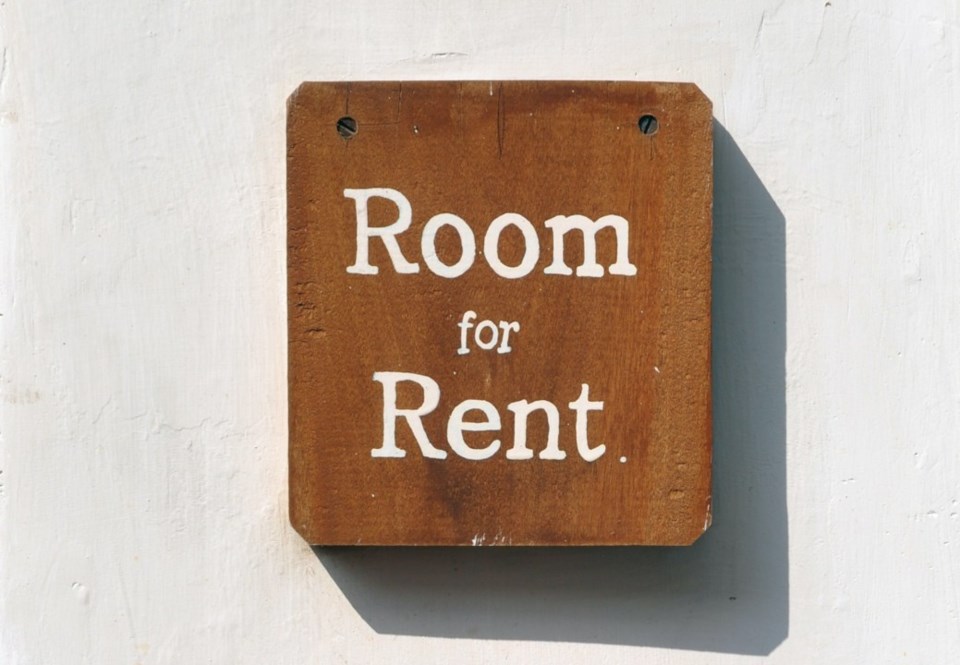The city is reworking a much discussed set of edicts aimed at overseeing the use of short-term rentals in Longmont, including clamping down on “party houses” that generate noise complaints.
City staff is expected to soon produce two ordinances for review by the city council for short-term rentals - dwellings property owners typically rent out for less than 30 days.
One covers the rules that allow permits for short-term rentals. The other lays out the penalties for property owners whose rentals have produced a “pattern of nuisance behavior”, according to a city council vote earlier this week.
A majority of the council also voted to reverse a previous decision to now allow Longmont property owners to offer a second investment home as a short-term rental. The provision will be added to one of the proposed ordinances that will come before the council at a later date.
Council members said a vast majority of second-home owners are responsible and should be allowed to use their accessory property to produce rental income.
Otherwise “we are telling property owners what to do with their property,” Mayor Brian Bagley said.
Council members Polly Christensen and Joan Peck voted against the second-home proposal, with Christensen saying she wanted to guard against opening up rentals to a company or group outside of Longmont.
Joni Marsh, assistant city manager, told the council the city is looking at several other Colorado communities for examples on how to beef up Longmont’s residency requirements for applicants offering short-term rentals.
They include a Colorado driver’s license or state ID and at least two of the following: proof of valid motor vehicle registration, proof of voter registration, federal or state tax returns or other financial documentation, utility bill or any other legal documentation approved by officials.
Code enforcement officers can fine a property owner if a violation is not corrected “within a reasonable time,” according to a city staff report to the council. The first fine is $100, second within 12 months is $200, each one after that is $500, the staff report states.
Violations can include renting to more guests than are permitted, utilizing unsafe areas as sleeping space and not meeting residency requirements.
Noise and party houses are also targeted under a proposed ordinance, the staff report stated. “The most likely violations in these cases would be for loud groups of people, amplified sound, and illegal drug and alcohol use,” the staff report stated.
Currently, neighbors are advised to report the violations to the police department when they are occurring, according to the staff report.
City staff currently cannot revoke a short-term rental license once it has been issued, the staff report said.
The report suggests that potential criteria for revocation be added to the short-term rental ordinance. That includes evidence the short-term rental “has created a pattern of nuisance behavior that would negatively affect the welfare of the neighborhood,” the staff report states.



